India’s rich seabed offers an opportunity to meet domestic demand with a large commitment to deep-sea mining at the political, scientific, and technical levels.
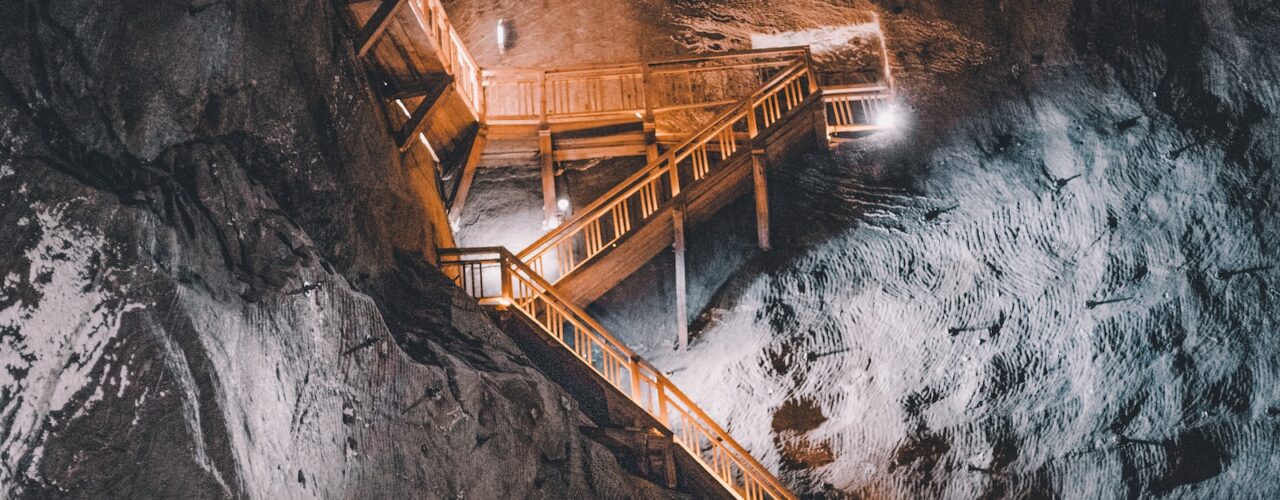
So what?
Similarly, the Geological Survey of India has found nearly 5.9 million tonnes of lithium reserves triggering hope to move away from dependence on South American reserves and China’s hold on refining.
Sources
-
 Minerals in Indian Ocean can turn India self-sufficient in nickel, cobalt: International Seabed Authority chief https://economictimes.indiatimes.com/industry/indl-goods/svs/metals-mining/minerals-in-indian-ocean-can-turn-india-self-sufficient-in-nickel-cobalt-international-seabed-authority-chief/articleshow/97913842.cms
Minerals in Indian Ocean can turn India self-sufficient in nickel, cobalt: International Seabed Authority chief https://economictimes.indiatimes.com/industry/indl-goods/svs/metals-mining/minerals-in-indian-ocean-can-turn-india-self-sufficient-in-nickel-cobalt-international-seabed-authority-chief/articleshow/97913842.cms -
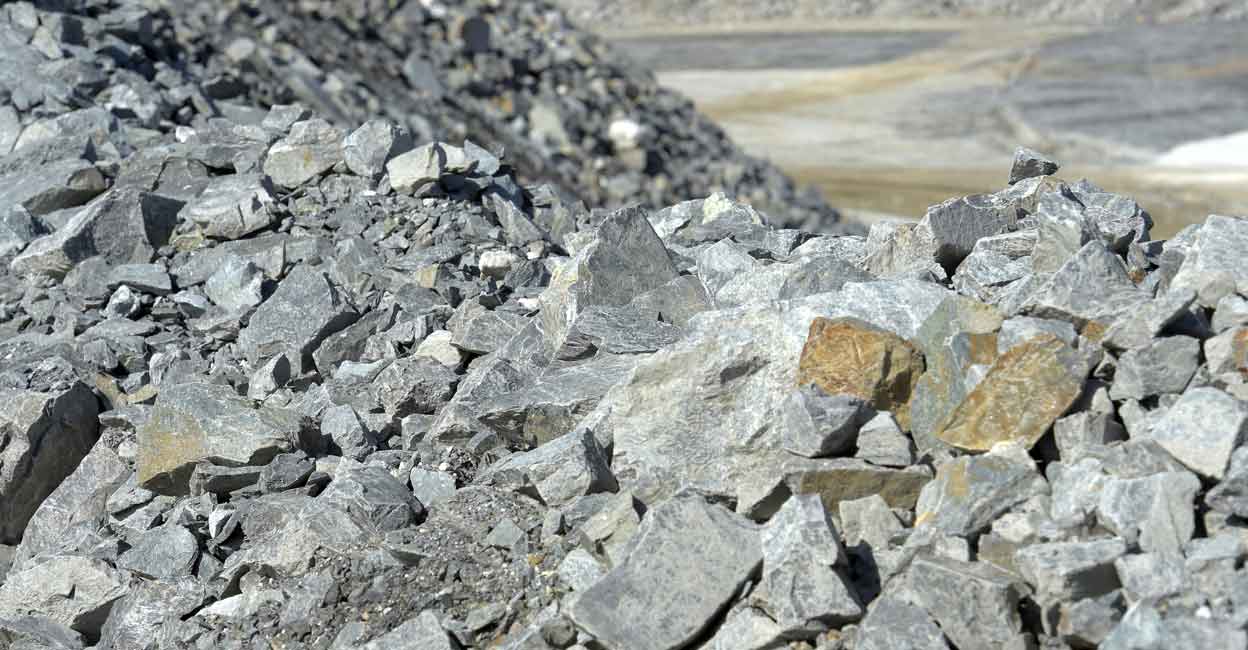 Lithium, energy source for future: Geological Survey has been digging for it https://www.onmanorama.com/lifestyle/news/2023/02/27/lithium-energy-source-future-geological-survey-has-been-digging.html
Lithium, energy source for future: Geological Survey has been digging for it https://www.onmanorama.com/lifestyle/news/2023/02/27/lithium-energy-source-future-geological-survey-has-been-digging.html
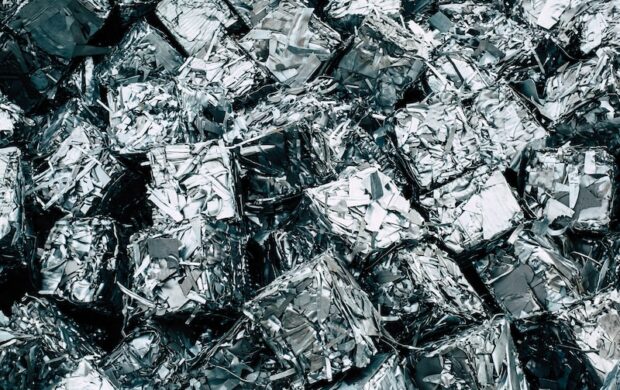

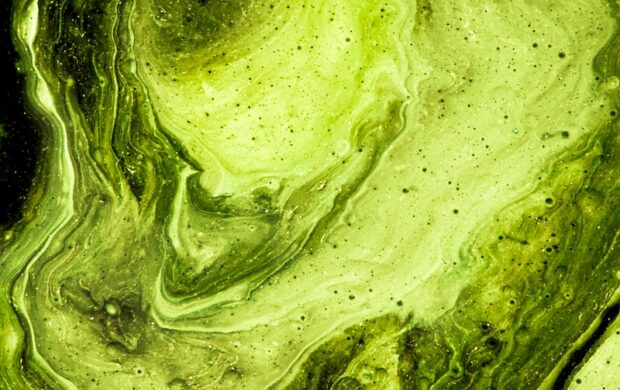
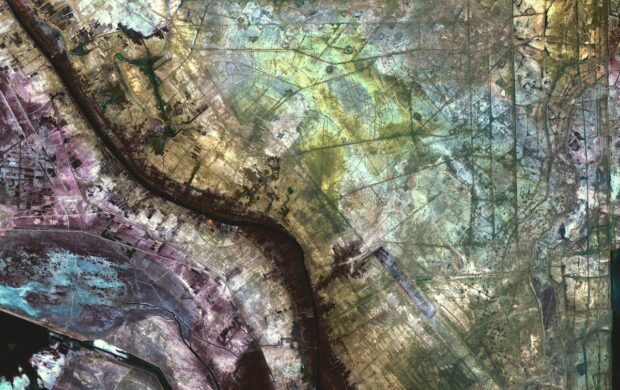

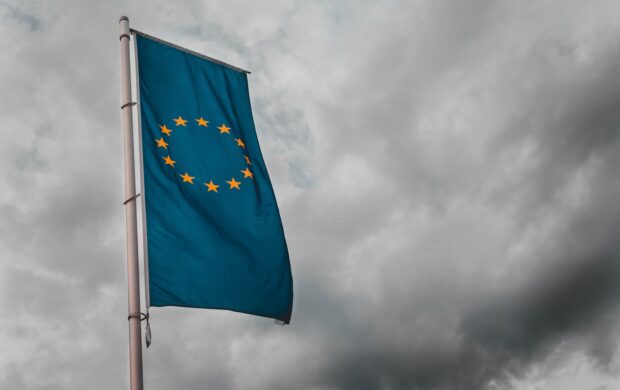

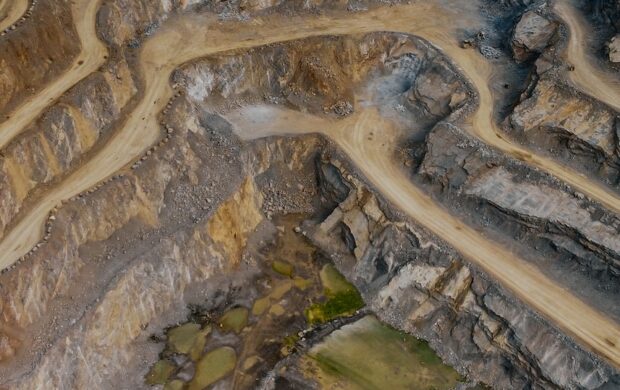

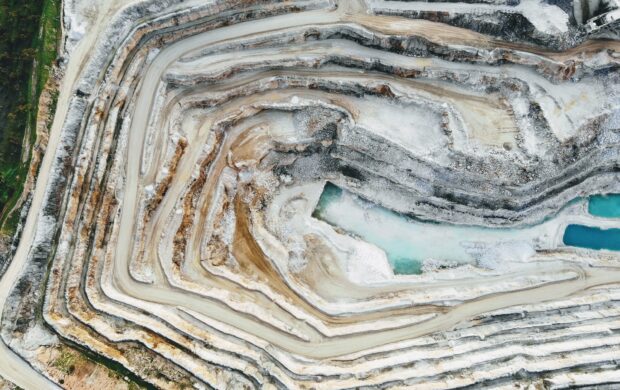
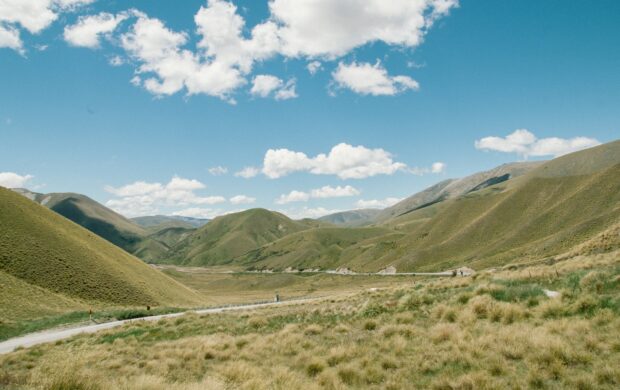
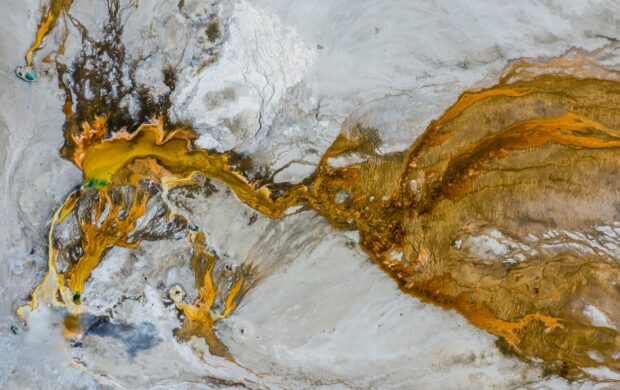
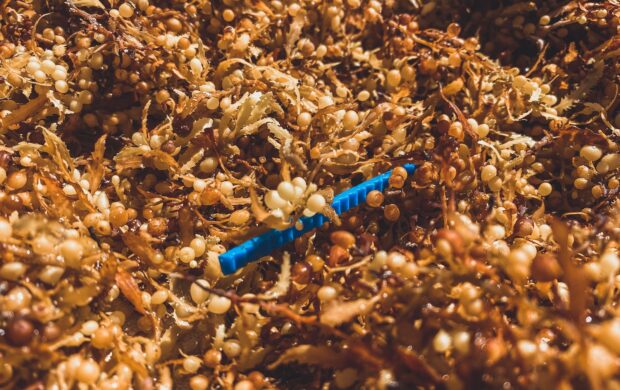

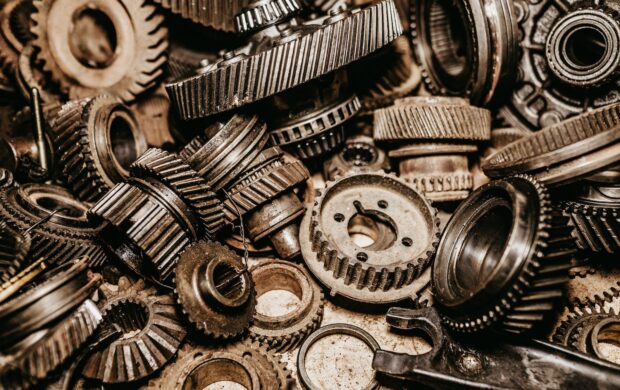


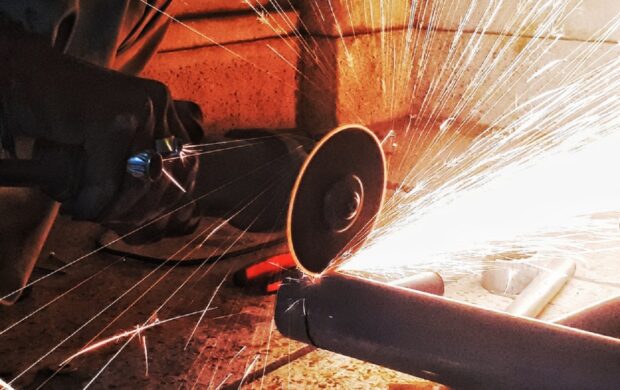
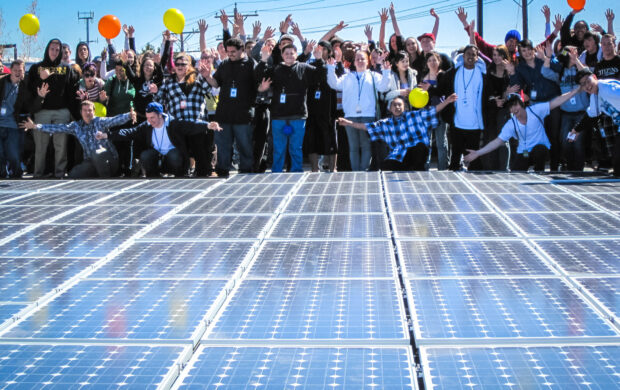

Join discussion